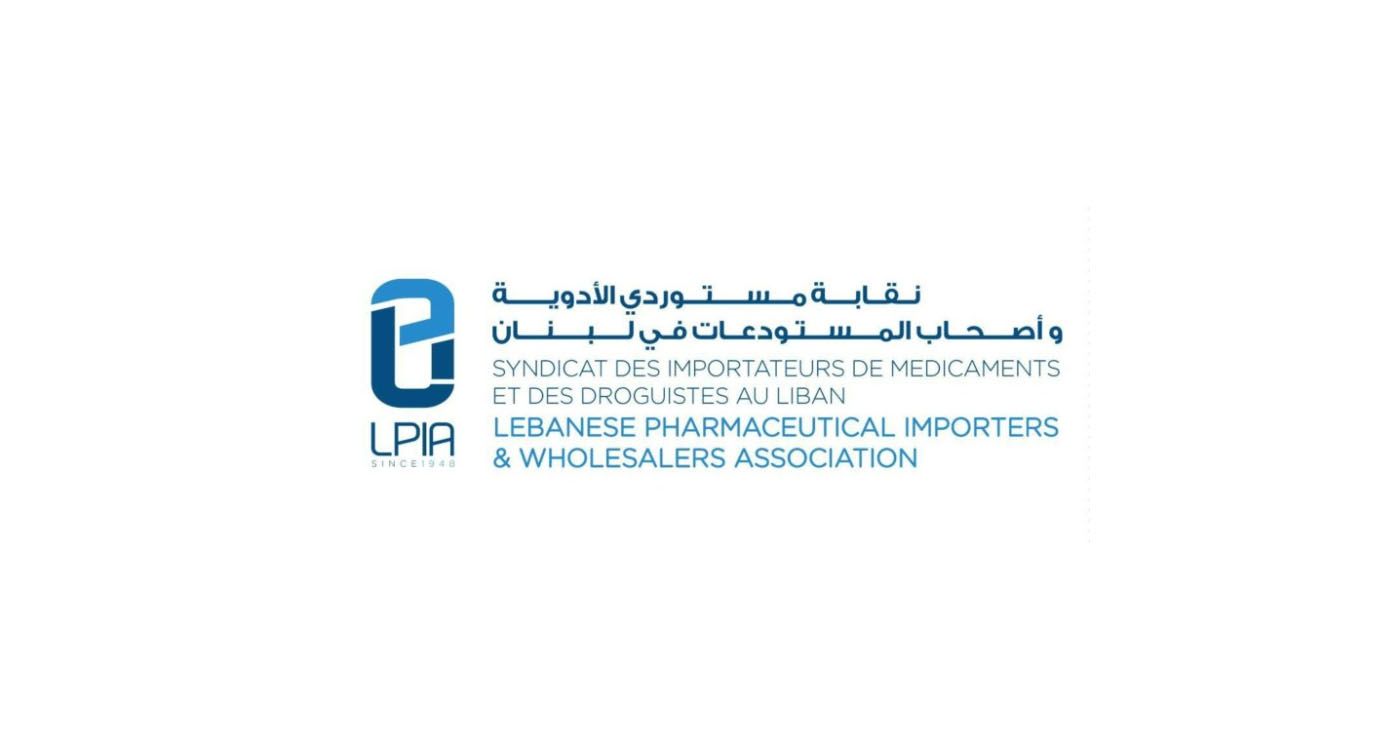
The Pharmaceutical Importers’ Syndicate called on Monday for the immediate implementation of a unified plan to combat the surge of counterfeit and smuggled medications in Lebanon. The group stressed the urgent need for strict oversight from relevant ministries and agencies to protect citizens’ right to safe and effective medicines.
In a statement issued after a meeting held by the Parliamentary Commission of Health, chaired by MP Bilal Abdallah and attended by Public Health Minister Rakan Nassereddine and Justice Minister Adel Nassar, the syndicate sounded the alarm over the increasing infiltration of counterfeit and smuggled drugs into the market. It emphasized that products entering Lebanon through illegal channels cannot be considered legitimate medicines, as they do not undergo proper verification through official testing and documentation required by regulatory authorities.
“The need to end the phenomenon of drug smuggling is urgent, given its catastrophic repercussions on the health and safety of citizens,” the syndicate stated, reaffirming its commitment to supporting all Lebanese authorities involved in regulating the pharmaceutical sector.
Calling the meeting a “very important milestone,” the syndicate described it as a concrete step forward in the battle against fake and smuggled pharmaceuticals, a concern it says it has raised repeatedly since the beginning of the country’s health and economic crises.
During the session, representatives from the syndicate delivered a detailed presentation on the operational practices of pharmaceutical importing companies, outlining the procedures in place to curb smuggling and uphold quality standards.
The syndicate also confirmed that all medications registered with the Ministry of Public Health and produced by internationally recognized manufacturers remain consistently available on the Lebanese market.
The statement concluded by emphasizing the importance of translating the meeting’s discussions into a clear and enforceable action plan that applies to all parties without exception, with direct follow-up from the Ministries of Health and Justice and the relevant oversight bodies.



Comments